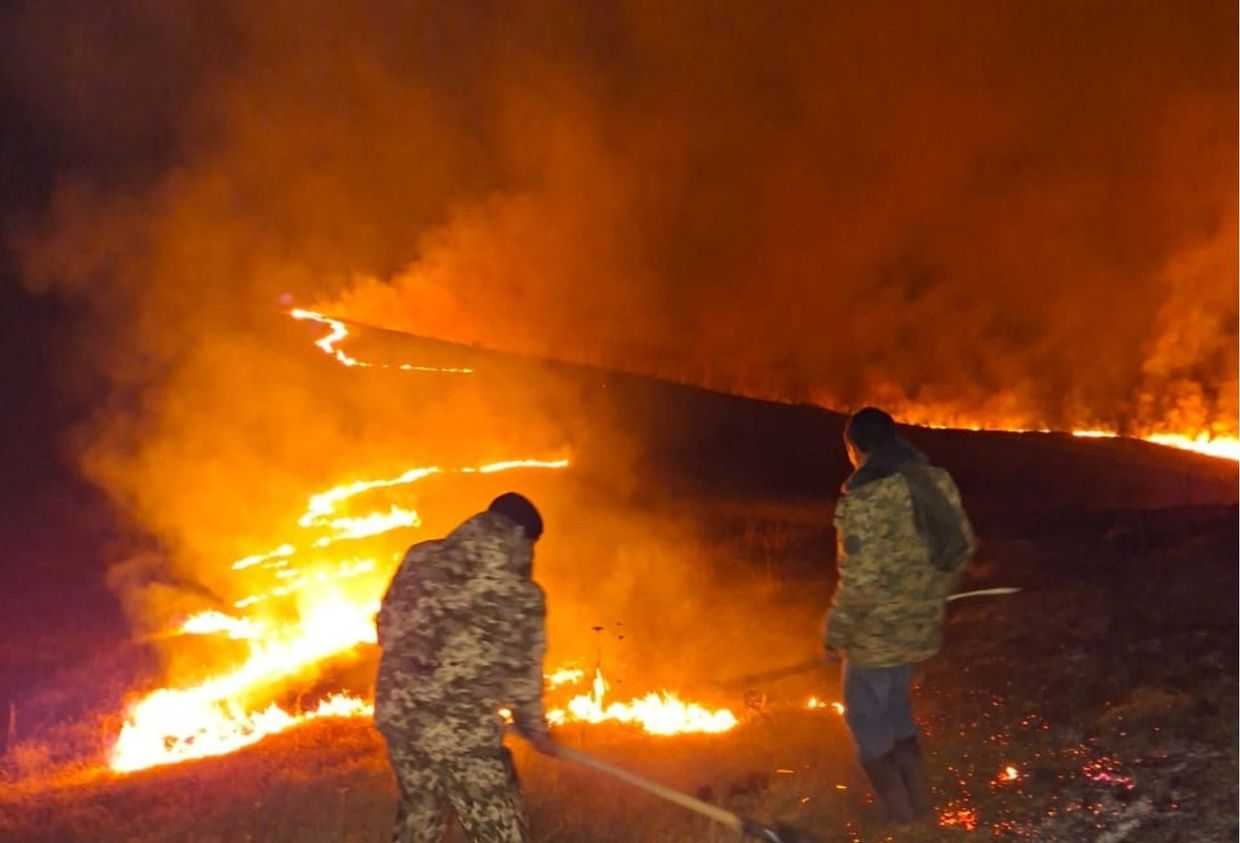
A mudslide in the north Georgian region of Racha has left at least 11 people dead and dozens more missing, as rescue efforts continue.
The mudslide on Thursday caused the banks of the River Buba to burst, with a torrent of water sweeping away houses and cottages in the Shovi resort in Oni Municipality. Two bridges near Shovi were also washed away, complicating access to the disaster zone.
The death toll rose to 11 on Friday, with the authorities stating that 25 others remained unaccounted for. Health Minister Zurab Azarashvili said only some of the bodies had so far been identified.
Emergency services deployed helicopters to evacuate over 200 people from Racha on Thursday and Friday, with operations suspended overnight.
On Friday morning, the head of Georgia’s Emergency Situations Management Service, Temur Mghebrishvili, said that rescuers were making slow progress as they became bogged down in mud in the epicentre of the disaster zone.
The Interior Ministry launched a hotline on Friday morning, after pleas for updates from relatives of the missing.
Government ministers, including Prime Minister Irakli Gharibashvili and the speaker of parliament, Shalva Papuashvili, visited the site of the disaster on Friday, announcing a day of mourning for Monday. Gharibashvili vowed to deploy the army to assist in rescue operations.
Gharibashvili also hit out at critics of the government’s preparedness for the disaster, lambasting ‘loser politicians’ and an ‘immoral’ media for claiming the government had failed to purchase three helicopters for emergency situations as they had planned to do.
He did not explain why emergency services had to suspend rescue operations overnight on Thursday, which critics said indicated a lack of proper helicopters for nighttime search and rescue operations.
Last August, Gharibashvili vowed to sell a ‘luxury’ helicopter bought by the previous government that he claimed was not fit for rescue operations and buy three new helicopters instead.
Georgian Public Defender Levan Ioseliani joined critics of the government on Friday, stating that ‘unfortunately, the lack of technical equipment needed to deal with such a crisis has once again become evident, which is directly related to the protection of the right to human life and health’.
Addressing journalists at the disaster zone, Gharibashvili dismissed calls to seek additional help from Turkey or Azerbaijan.
Shortly after, President Salome Zurabishvili called for unity while also adding that she was ready to reach out to the leaders of other countries if assistance in rescue operations was necessary.
Speaking to journalists on Friday, Merab Gaprindashvili, a geologist with the National Environmental Agency, described the incident as the worst natural disaster in Western Georgia since the 1991 Racha earthquake.
According to a preliminary evaluation from Gaprindashvili, the landslide triggered the movement of around 5 million cubic metres of soil.
Gaprindashvili cited the ‘intensive melting’ of the Buba and Tbilisi glaciers, close to the border with Russia, as a large contributing factor to the torrent of water moving southwest towards the resort.









